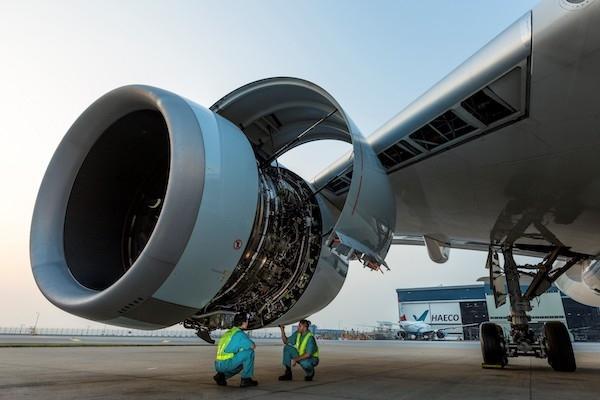
Credit: HAECO
HONG KONG—More cross-industry collaboration is needed in the engine aftermarket to drive more opportunities in a segment where demand currently outstrips supply, the CEO of HAECO has told Aviation Week Network’s Aero-Engines Asia-Pacific conference. “There's a lot we can do in my view over and above...
Subscription Required
This content requires a subscription to one of the Aviation Week Intelligence Network (AWIN) bundles.
Schedule a demo today to find out how you can access this content and similar content related to your area of the global aviation industry.
Already an AWIN subscriber? Login
Did you know? Aviation Week has won top honors multiple times in the Jesse H. Neal National Business Journalism Awards, the business-to-business media equivalent of the Pulitzer Prizes.





